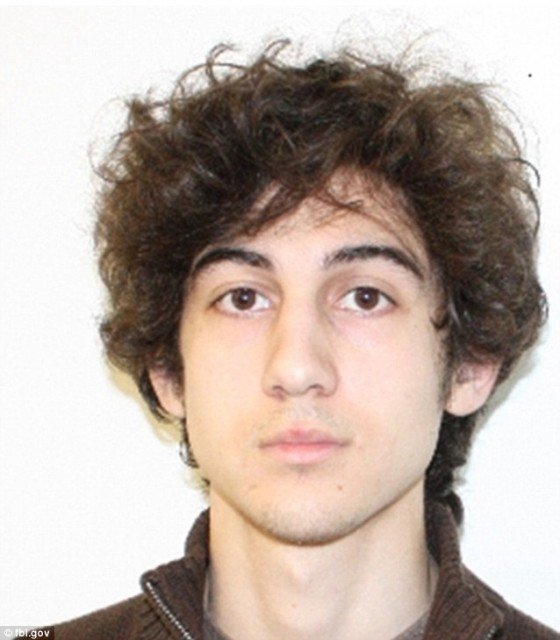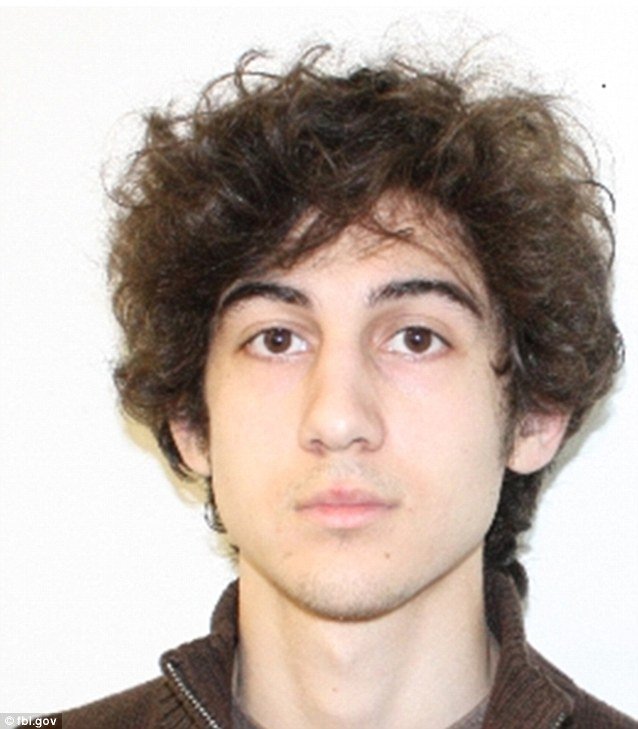Muslim militants from Chechnya have a long history of unleashing separatist terror attacks on Russia – but the allegations of Chechen origin brothers Dzhokhar and Tamerlan Tsarnaev’s involvement in the Boston Marathon explosions would mark the first time they have targeted the West.
Buried in the heart of Russia’s Northern Caucasus, the Islamic state has fought against Russian rule for centuries.
But it culminated in a bloody and chaotic civil war with the Russian government in 1994 that left tens of thousands dead and the region in ruins.
As a result, the area became a hotbed for extremism, and was soon infiltrated by foreign Islamic militants, including those with ties to al-Qaeda.
Terrorists have since unleashed a string of attacks on Russian soil and, more recently, abroad.

Russian troops withdrew from Chechnya in 1996 after the first Chechen war, leaving it de-facto independent and largely lawless, but then rolled back three years later following apartment building explosions in Moscow and other cities blamed on the rebels.
Chechnya has stabilized under the steely grip of Kremlin-backed local strongman Ramzan Kadyrov, a former rebel whose forces were accused of massive rights abuses.
However, the Islamic insurgency has spread to neighboring provinces, with Dagestan, sandwiched between Chechnya and the Caspian Sea, becoming the epicenter of violence with militants launching daily attacks against police and other authorities.
Militants from Chechnya and neighboring provinces have launched a long series of terror attacks in Russia.
On October 23, 2002, over 40, mostly female, terrorists took more than 700 hostages prisoner at a Moscow theater, demanding an end to the Russian presence in Chechnya. Dressed from head to toe in black hijabs, they became known as The Black Widows.
But when Russian security forces stormed the theater, guns blazing, the hostage takers responded by detonating homemade bombs strapped to their bodies, killing more than 100 innocent theater goers.
Then on September 1, 2004, a group of 32 heavily-armed, masked men seized control of Middle School Number One and more than 1,000 hostages in Beslan, North Ossetia.
Most of the hostages were children aged from 6 to 16 years old.
After a tense two-day standoff, that was beamed around the world, Russian forces raided the building.
A violent, two-hour gunfight followed bringing an end to a siege that ultimately claimed the lives of 331 civilians, 11 commandos and 31 hostage-takers.
The rebels have since claimed responsibility for an array of terrorist attacks, including last year’s double suicide bombing of the Moscow subway system that killed 40 people.
In March 2010, two women suicide bombers killed 40 commuters when they blew themselves up on two packed tube trains during the busy rush hour.
In January 2011, a Chechen suicide bomber unleashed terror on Moscow’s Domodedovo Airport when they blew themselves up killing 36 people.
In recent years, however, militants in Chechnya, Dagestan and other neighboring provinces have largely refrained from attacks outside the Caucasus.
The allegations of Chechen brothers Dzhokhar and Tamerlan Tsarnaev’s role in the Boston’s explosions would reinforce long-held claims by Russian officials that insurgents in the Caucasus have been linked to al-Qaeda.
